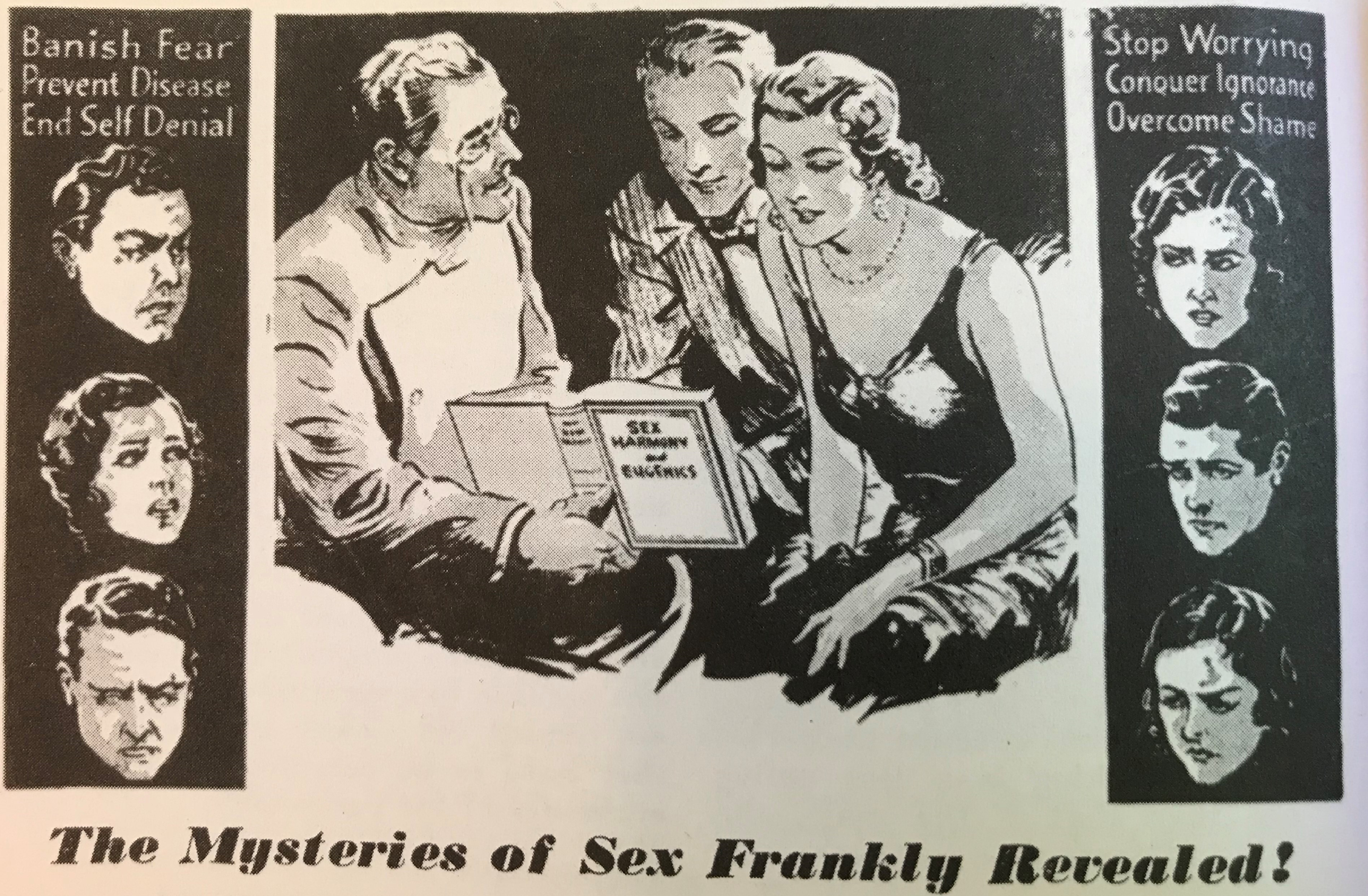At the Exeter Sexual Knowledge Symposium in June 2019, PhD student Kazuki Yamada spoke on ‘Methodological reflections: A genealogy of later life sexuality in mid-nineteenth to twentieth century science (c. 1850-1980)’.
Papers Given
“The infinite time before is no more dreadful than the infinite time that precede us”: Sexual temporalities at the rise of sexology and gerontology
Kazuki Yamada spoke at the TrentAging 2019 Conference, University of Trent, Canada in May 2019 on ‘”The infinite time before is no more dreadful than the infinite time that precede us”: Sexual temporalities at the rise of sexology and gerontology’.
Plenary Panel: Pitching the Discipline: Where is German in 2018?
In August 2018 Dr Ina Linge contributed to a plenary panel and discussion on the topic ‘Pitching the Discipline: Where is German in 2018?’ at the Association for German Studies annual conference at Bangor University in Wales. Ina talked about the research and public engagement events organised by the Rethinking Sexology project.
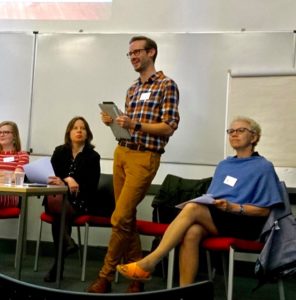
Work-in-progress presentation: Rethinking the Human: Sexology, Zoology, Literature and Visual Art After Darwin (c.1890-1930)
In July 2018 Dr Ina Linge presented a work-in-progress paper at the Animal and Society Summer Institute at the University of Illinois in Urbana-Champaign, titled ‘Rethinking the Human: Sexology, Zoology, Literature and Visual Art After Darwin (c.1890-1930)’.
The purpose of the Summer Institute was to bring together Early Careers Scholars working in the area of animal studies. More information about the Summer Institute can be found here: https://www.animalsandsociety.org/tag/summer-institute/
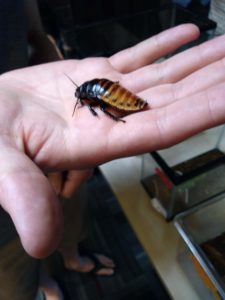
Image: Ina holding one of the non-human animal participants of the Summer Institute.
Queering Butterflies: On the relationship between sexology and animal genetics, ca. 1920
In April 2018 Dr Ina Linge presented a paper at the British Animal Studies Network conference at Strathclyde (Glasgow), titled ‘Queering Butterflies: On the relationship between sexology and animal genetics, ca. 1920’
The paper discussed the reception of Richard Goldschmidt’s experiments with intersex butterflies by German sexologists in the 1920s to show the significance of animal experiments for (human) sexual politics.
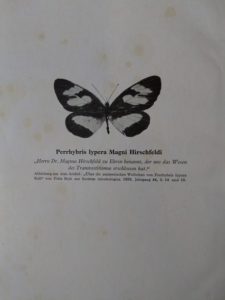
The Potency of the Butterfly: Gender, Sexuality and Non-human Animals in German Sexology and the Arts after 1900
In November 2018 Dr Ina Linge gave a paper at the University of Warwick German Studies seminar, titled ‘The Potency of the Butterfly: Gender, Sexuality and Non-human Animals in German Sexology and the Arts after 1900’.
The talk discussed the Butterfly Dance, pioneered by the American dancer Loïe Fuller (1862 –1928), pictured below, and how it was received in the work of sexologist Magnus Hirschfeld to make claims about the nature and naturalness of sexual desire.
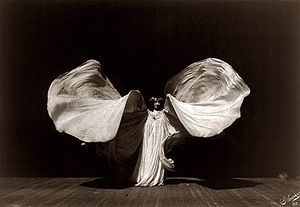
The Science of Sexual Pleasure: Eugenics and Sex Advice before 1940
From EP Warren to Alfred Kinsey: Collecting Classical Erotica and Understanding Modern Sexuality in the First Half of the 20th century
Global Developments: Tracing the Entangled Histories of Sexual Science and Anthropology
In October 2018 our PIs Kate Fisher and Jana Funke gave the paper “Global Developments: Tracing the Entangled Histories of Sexual Science and Anthropology” at our project conference Sexology and Development: Exploring the Global History of the Sexual Sciences.
“Ancient Codes” and “Biologic Norms”: Kinsey’s Uses of Cultural Development Theories and Classical Archaeology
In October 2018 Jen Grove spoke on ‘”Ancient Codes” and “Biologic Norms”: Kinsey’s Uses of Cultural Development Theories and Classical Archaeology’ at our project conference Sexology and Development: Exploring the Global History of the Sexual Sciences.


